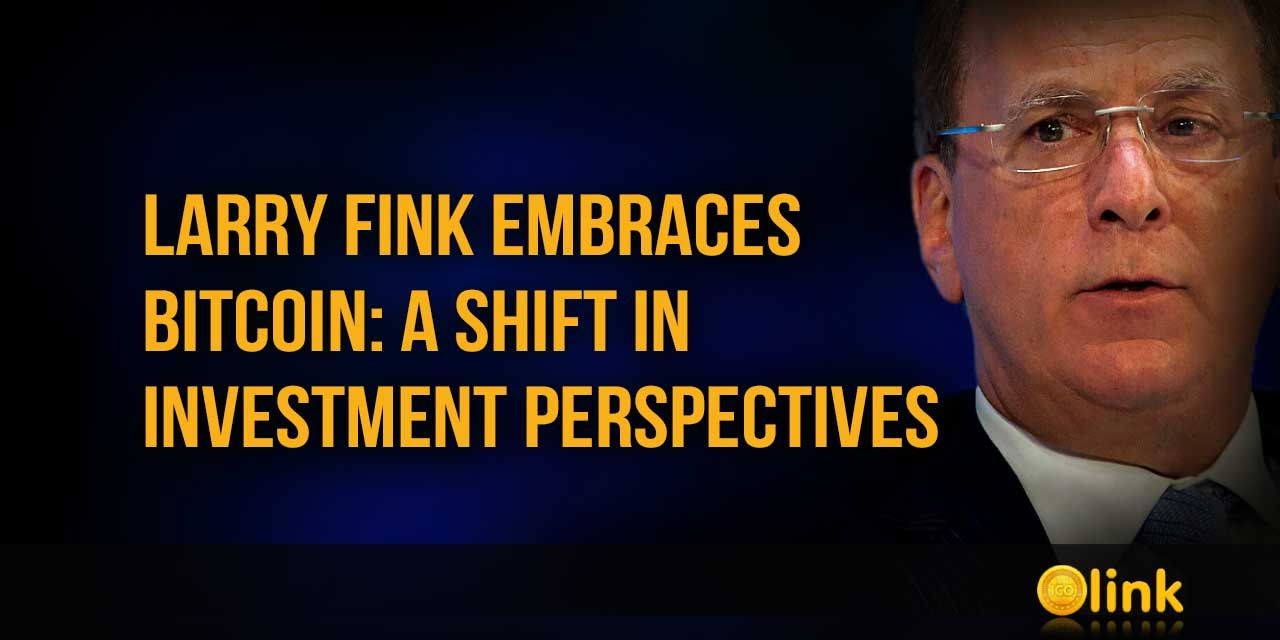digital gold
Here you will find all posts tagged digital gold
About digital gold ℹ️
Digital gold refers to cryptocurrencies, particularly Bitcoin, that are often compared to traditional gold due to their similar store of value properties. Bitcoin, in particular, is often referred to as digital gold because, like physical gold, it is scarce, durable, divisible, and fungible. Just as gold has been used historically as a hedge against economic uncertainty and inflation, Bitcoin is seen by many as a hedge against traditional financial systems and a store of value in times of economic instability. The comparison between digital gold and physical gold stems from the fact that both assets have limited supplies. Gold's scarcity is due to its finite quantity on Earth, while Bitcoin's scarcity is programmed into its code, with a maximum supply capped at 21 million coins. Additionally, both assets are decentralized, meaning they are not controlled by any single government or institution. Investors often turn to digital gold as a way to diversify their investment portfolios and protect against the devaluation of fiat currencies. While physical gold has been a traditional safe-haven asset for centuries, Bitcoin and other cryptocurrencies offer a digital alternative with unique properties that appeal to modern investors.
Larry Fink's Transformation: Embracing Bitcoin as Digital Gold
Bitcoin's Meteoric Rise: A Million Dollar Future?
Navigating the Digital Gold Rush: Why Young Investors Should Consider Bitcoin
The Wisdom of Investing in Bitcoin According to Robert Kiyosaki: Navigating Through America's Fiscal Quagmire
MicroStrategy's Strategic Bitcoin Acquisition Expands Portfolio
Robert Kiyosaki's Endorsement of Bitcoin Over Traditional Assets
According to Dan Morehead, CEO of Pantera Capital, an investment company, Bitcoin has every chance of transforming up to 50 industries.







